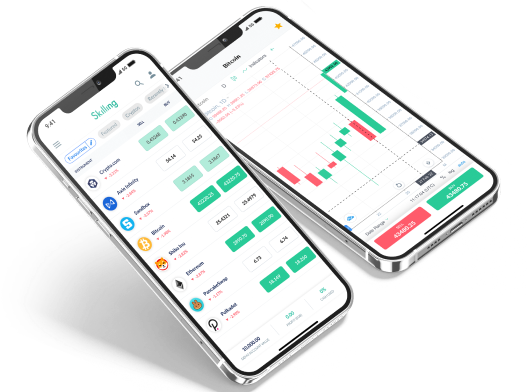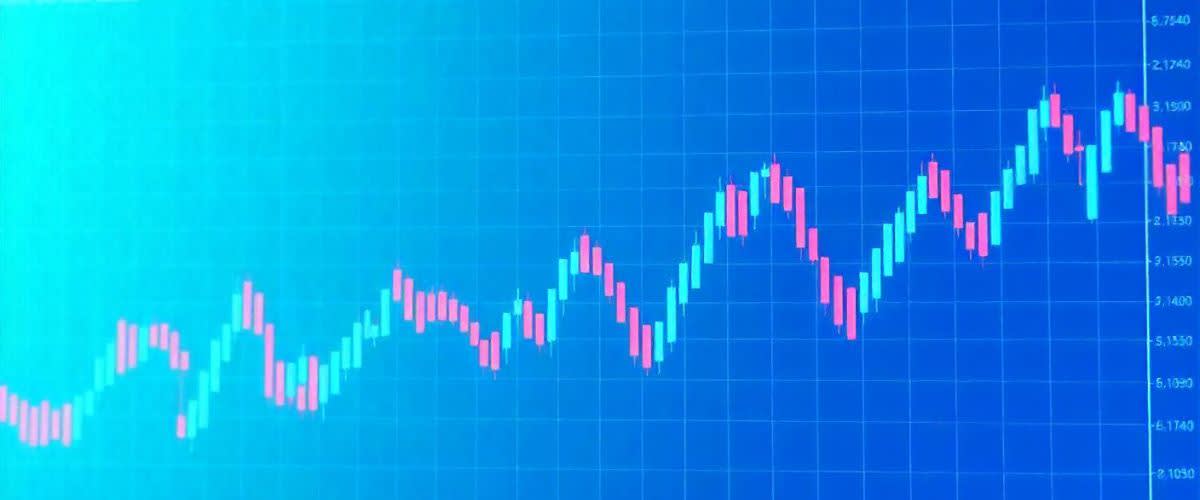Economic indicators are vital tools for traders and investors, offering insights into the health and direction of the economy. This article will explain what economic indicators are, look at different types, discuss their importance for traders, and answer some common questions.
Whether you're a novice or a seasoned trader, understanding these indicators is key to making informed trading decisions.
What's your Trading Style?
No matter the playing field, knowing your style is the first step to success.

What are economic indicators?
Economic indicators are statistics that provide data on the overall health of the economy. They are used to understand current economic conditions and to forecast future economic performance.
These indicators can be broadly categorized into leading, lagging, and coincident indicators, each serving a different purpose in economic analysis.
Types of economic indicators:
- Leading indicators: These are forward-looking indicators, suggesting future economic trends. They are particularly useful for predicting economic upturns and downturns. Examples include the Consumer Confidence Index and the Producer Price Index.
- Lagging indicators: These indicators reflect the economy's performance in the past, confirming long-term trends after they occur. They are useful for confirming patterns and trends. Examples include the unemployment rate and the consumer price index (CPI).
- Coincident indicators: These provide real-time data about the state of the economy. They are crucial for assessing the current economic environment. Examples include retail sales and the employment rate.
- Inflation and interest rates: Inflation rates and interest rates are critical indicators that affect currency value, investment yields, and overall economic growth.
- Consumer spending: This indicates the overall consumer expenditure and is a primary driver of economic activity.
Why is it important for traders?
Economic indicators are essential for traders for several reasons:
- Market forecasting: They are essential tools for forecasting market trends, and helping traders anticipate market movements.
- Strategic planning: Traders use these indicators to plan their trading strategies, aligning investments with economic cycles.
- Sector analysis: Certain indicators can shed light on specific sectors, aiding traders in making sector-specific investment decisions.
- Economic health assessment: They provide a comprehensive view of a country's economic health, influencing decisions in Forex and international markets.
- Policy impact analysis: Economic indicators can also help traders understand the potential impact of government policies and global events on the markets.
FAQs
1. How often are economic indicators released?
The frequency varies. Some, like the unemployment rate, are released monthly, while others, like GDP, are quarterly.
2. Which economic indicators are most important for stock traders?
Stock traders often focus on GDP, consumer spending, and corporate earnings reports.
3. How can traders stay updated with economic indicators?
Traders can follow financial news, use economic calendars, and subscribe to updates from financial institutions.
4. How do economic indicators affect different asset classes?
Different indicators can have varying impacts on stocks, bonds, commodities, and currencies, depending on what they signify about economic conditions.
Experience Skilling's award-winning platform
Try out any of Skilling’s trading platforms on the device of your choice across web, android or iOS.

5. Is it possible for economic indicators to give conflicting signals?
Yes, different indicators can sometimes provide conflicting information, highlighting the need for comprehensive analysis and a balanced view.
6. Can economic indicators predict market crashes?
While they can provide warning signs, predicting market crashes solely based on economic indicators is challenging due to the complexity of market dynamics.
7. Should traders rely only on economic indicators for decision-making?
No, while important, traders should use them in conjunction with other analysis methods and market news.
8. Are there any lesser-known economic indicators that traders should be aware of?
Indicators like the Beige Book, Purchasing Managers' Index (PMI), and Business Inventories can provide additional insights.











